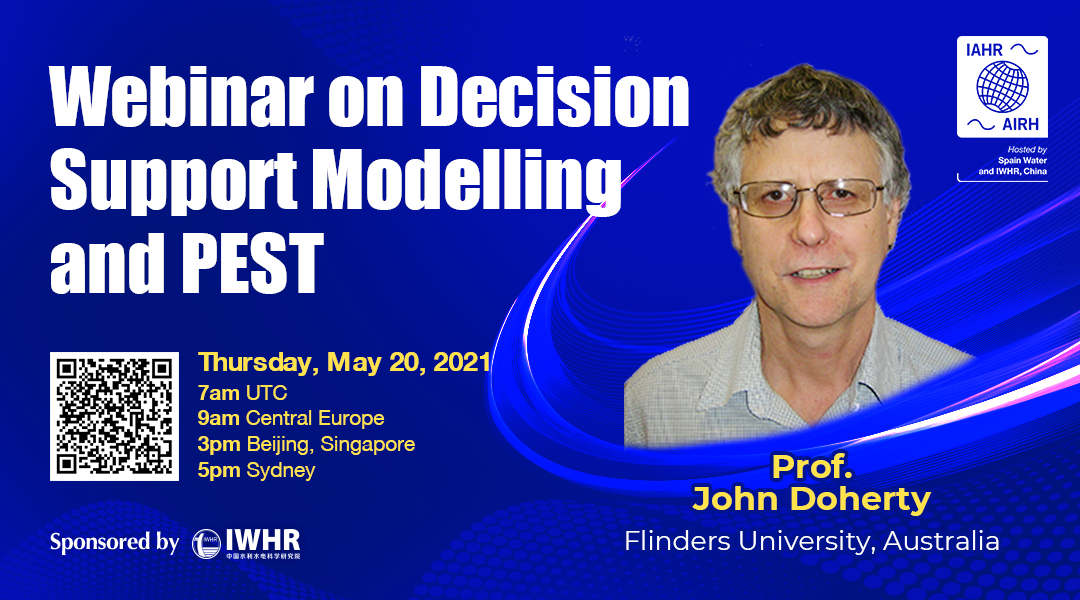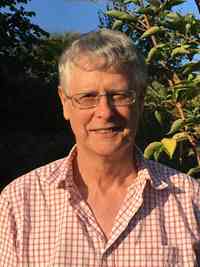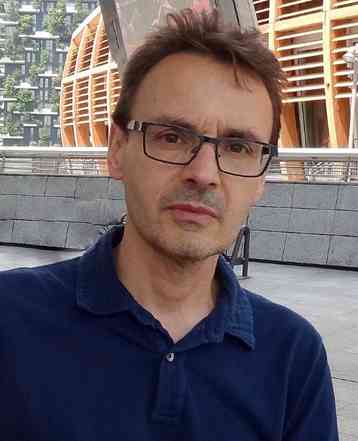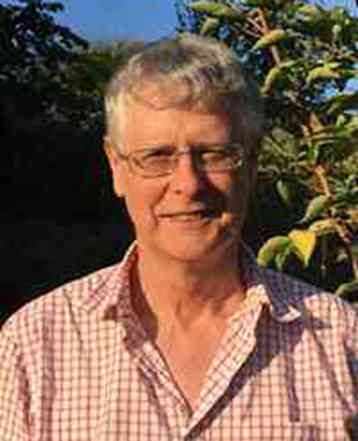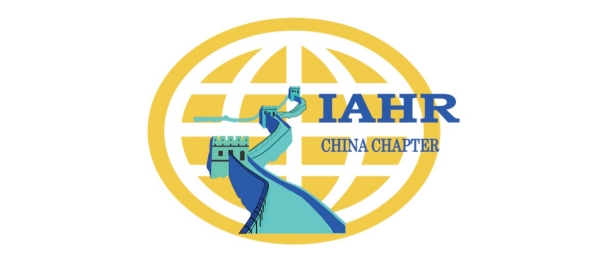IAHR Webinar on Decision Support Modelling and PEST
IAHR Webinar on
Decision Support Modelling and PEST
Thursday, 20 May 2021
Webinar access
Click the following link to go to the webinar page where the online event will be live-streamed. Log-in is required.
Join IAHR today or simply create a free account to access the webinar page. If you have problems joining IAHR or creating a free account, please contact our Membership Manager Ms. Sally Feng.
Speaker
We are honored to have some of the world's top scholars and researchers in the webinar: John Doherty is the author of PEST, a software package that is widely used for groundwater model calibration and uncertainty analysis. He has worked for over 40 years in the water industry, first as an exploration geophysicist and then as a modeller. These days, as an employee of his own company, he undertakes consulting on decision-support modelling. As part of an industry-funded project administered by Flinders University, Australia, he also undertakes research, programming, education and supervision of PhD students.
Chair
Panelists
Introduction
This webinar is divided into two parts. Each will last for about 50 minutes. Then 30 minutes will be devoted to discussion. There will be a short break after the first part.
The first part of the webinar is somewhat philosophical in nature. It discusses the role of numerical simulation in support of environmental management. It shows why data assimilation and uncertainty analysis are essential ingredients of decision-support modelling – and that numerical simulation should be undertaken in direct support of these activities at any study site. This requires that numerical models be stable and fast-running. In fact, excessive model complexity can actually erode a model’s ability to support environmental management rather than help it. Examples of linear and nonlinear uncertainty analysis, undertaken by members of the PEST and PEST++ suites at real-world sites, are included in the talk.
The second part of the webinar discusses some implementation details of PEST and PEST++. A distinction is made between “calibration” and “history-matching”. The first searches for parameter uniqueness. This requires some form of regularisation. Singular value decomposition and Tikhonov regularisation are discussed. Tikhonov regularisation requires that expert knowledge about preferred parameterization be embodied in one or a number of covariance matrices. History-matching, on the other hand, is broader than this. Here the same covariance matrices that were previously used to attain parameter uniqueness through calibration, are used for the opposite purpose. The end-product of calibration-constrained uncertainty analysis is a suite of parameter fields that are all different, yet all allow a model to replicate the historical behaviour of a system. This webinar discusses the tools available in the PEST and PEST++ suites that can implement calibration, calibration-constrained uncertainty analysis, and development of appropriate covariance matrices.
Time in different zones
The IAHR Webinar on Decision Support Modelling and PEST will be held on Thursday 20 May 2021 at:
07:00-09:00 (UTC Time)
09:00-11:00 (Central European Summer Time, UTC+2)
17:00-19:00 (Australian Eastern Time, UTC+10)
15:00-17:00 (China Standard Time, UTC+8)
More local time can be found by clicking here.
Program
Introduction (10 mins)
Prof. Alberto Guadagnini, Politecnico di Milano, Italy
................................................Decision Support Modelling and PEST (100 mins)
Prof. John Doherty, Flinders University, Australia
..................................................Q&A (30 mins)
General
Sponsorship
This webinar is sponsored by China Institute of Water Resources and Hydropower Research (IWHR), China's top national research institute on water resources and hydropower under the direct administration of China's Ministry of Water Resources. IWHR also hosts IAHR's Global Secretariat Beijing.
Supporters
If you have any suggestions or questions about this webinar, or if you would like to organize a webinar using IAHR's platform, or if you would like to support future IAHR webinars, please contact our Technical Division Programme Officer Ms. Jenny Lu.
Certificate of Participation
A link to request your certificate of participation will be clickable on the LIVE page during the webinar, and will become unclickable after the event. Post-event requests will not be processed.
